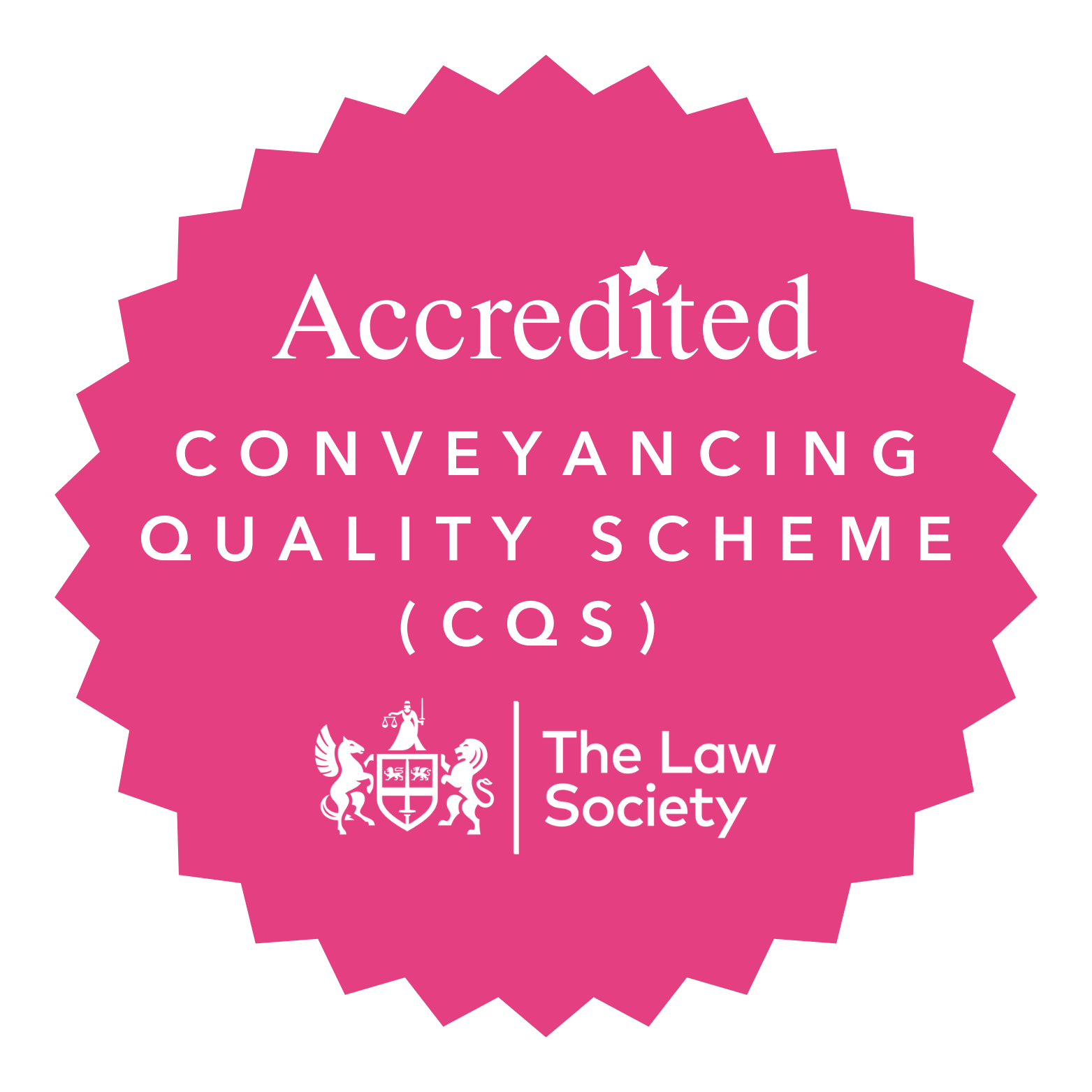A Settlement Agreement is a mutually agreeable legally binding document made between an employer and an employee to resolve issues or grievances. It should be entered into by both parties voluntarily and involve discussion and negotiation of the terms, including the compensation being paid.
Depending on the state of the relationship between the parties, the Settlement Agreement may or may not result in the employment being terminated at an agreed date. In most cases, Settlement Agreements are entered into where legal action is yet to be advanced and where the relationship between the employer and employee has broken down.
A settlement agreement reduces the chance of a future claim being brought against an employer for claims such as unfair dismissal, unfair selection for redundancy or discrimination. This is not exhaustive. An executed Settlement Agreement settles and waives an employee’s right to bring any such employment claims.
There is no set standard template for a Settlement Agreement and each one is tailored to each case or circumstances.
The terms of the Settlement Agreement must incorporate the following:
• Details of the dispute or grievance that is being settled
• Identification of the legal claims being waived
• Details of the compensation to be paid in lieu of the claims
• A declaration that the sums paid under the Settlement Agreement is in full and final settlement
• Confidentiality provisions to ensure that the terms are private between the parties
• Details of the notice period which the employee would ordinarily be entitled to under their contract of employment
• Details of the statutory redundancy payment, if applicable
• Clarity over whether the post termination restrictive covenants are to remain in full force and effect, if applicable
• The termination date of employment, if this is the agreed course of action/outcome
When deciding on an appropriate level of compensation, the following factors should be considered:
• The continuous length of employment
• The dispute in hand and the severity of the allegations being presented
• Contractual rights such as salary, holiday, bonuses, notice period
• A cost / risk analysis of proceeding to litigation
It should be noted that a Settlement Agreement is not appropriate for certain type of claims including TUPE and claims in respect of agency worker rights. It is also prohibited to waive statutory claims under the terms of a Settlement Agreement. This would include entitlements to statutory pay such as maternity, adoption or sickness (SSP).
As a final note, upon the Settlement Agreement being executed and signed by both parties (and advised upon and certified by a practising solicitor) then it becomes irrevocable and legally binding. It is therefore a beneficial instrument for employers with the peace of mind that offers, especially where there is an ongoing dispute or potential claim being mooted by an employee.
If you have received a Settlement Agreement and you would like advice on the terms contained, or if you are an employer who would like an agreement drafted, please contact our employment team on 01827 317070 or employment@pickerings-solicitors.com
For more information go to the relevant page for more information on Settlement Agreements:
The contents of this article are intended for general information purposes only and shall not be deemed to be or constitute legal advice. We cannot accept responsibility for any loss as a result of acts or omissions taken in respect of this article.




